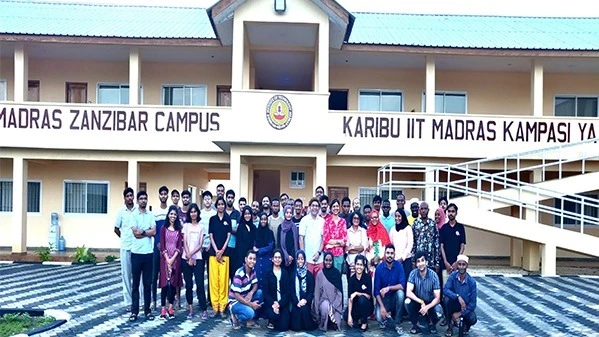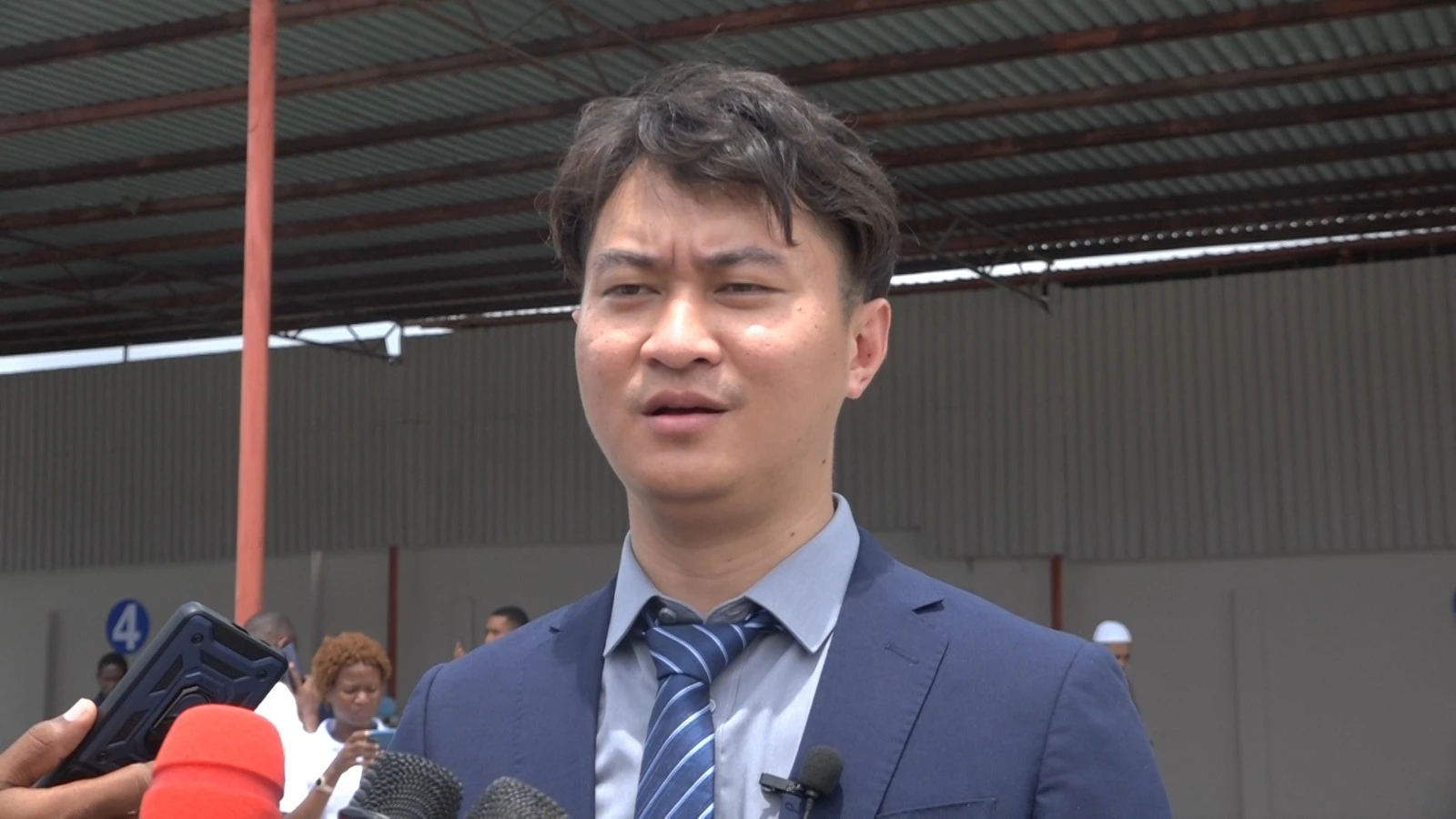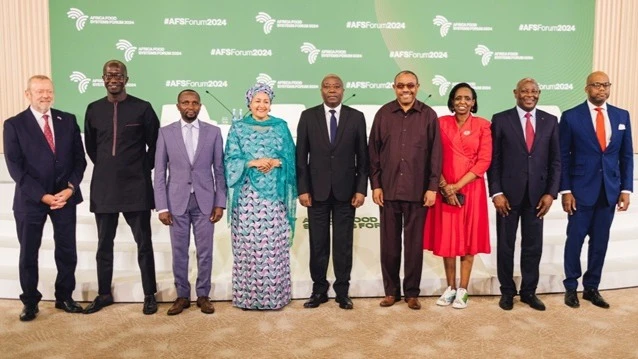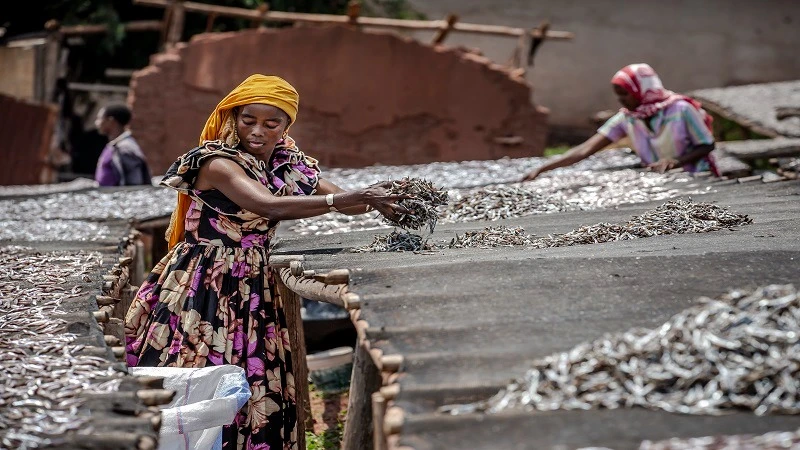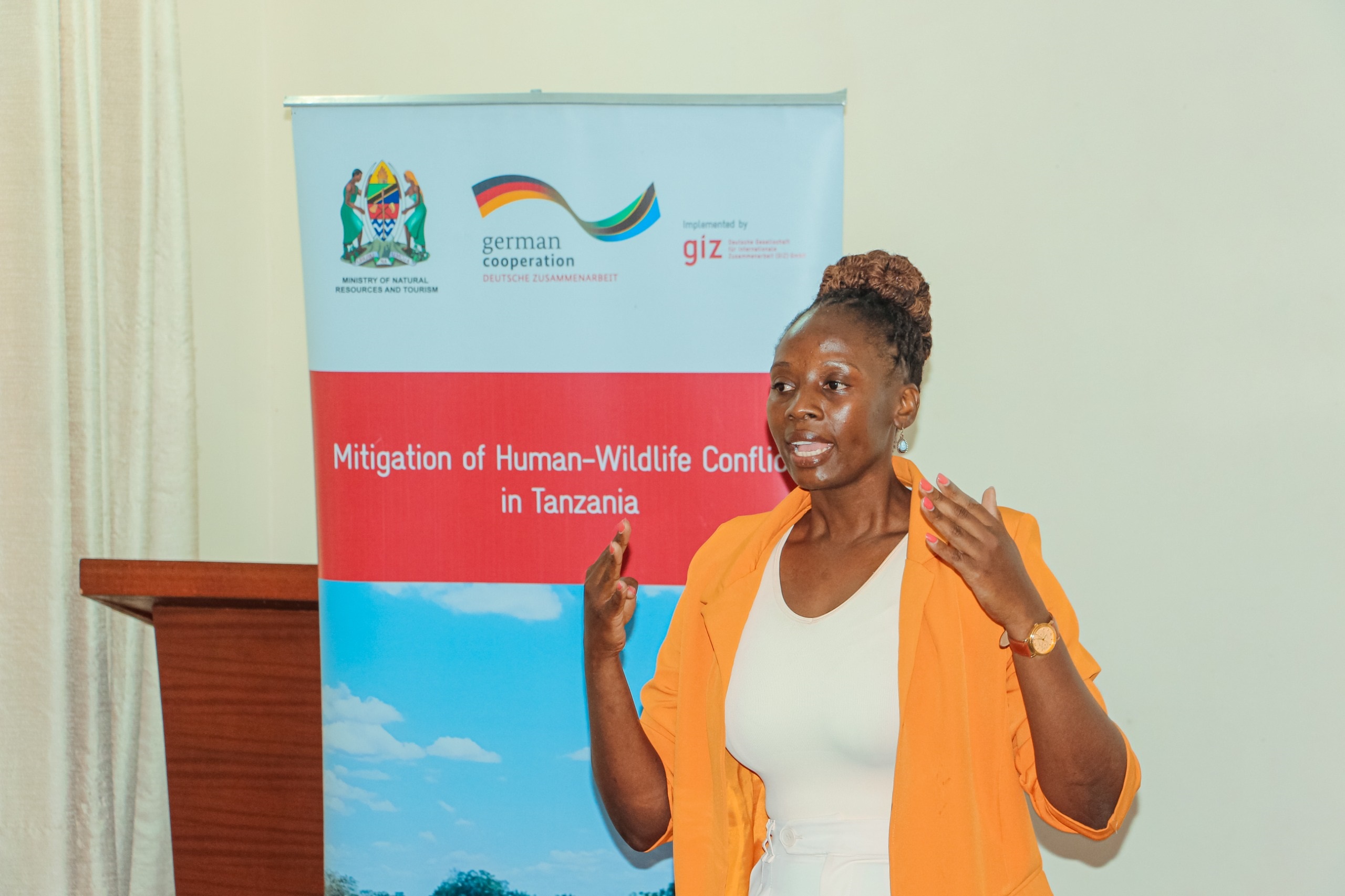How health sector’s budget doesn’t align with Abuja Declaration
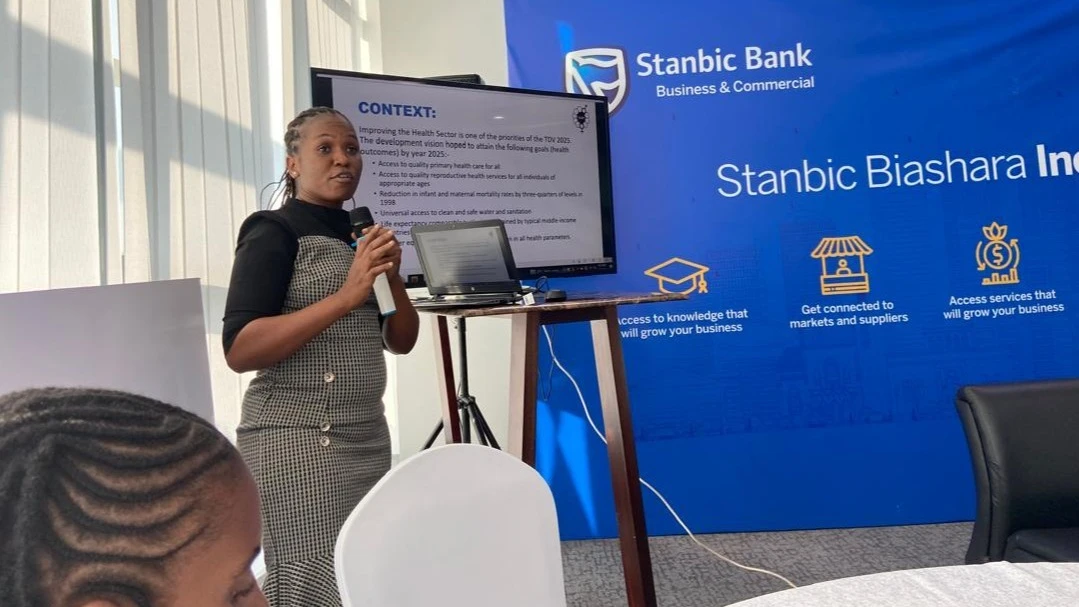
THE Government has been urged to increase the budget for the health sector so as to align with the Health Sector Strategic PlanV (HSSP V) cost framework and the Abuja declaration.
Speaking this week in Dar es Salaam during Policy Forum's Breakfast Debate: Post National Budget 2024/2025: Examining the credibility equation of the health sector, Consultant in Gender and Social Inclusion, with TGNP Mtandao, Happiness Maruchu said that although there are some progresses in the health sector, however, there are also challenges when it comes to direct health service provision to the population.
She further noted that in the context of limited resources “We recommend that consideration should be made in cutting down huge budgets for acquisition of vehicles such as the 190bn/- allocated by the President's Office- Regional Administration and Local Government (PO-RALG) in 2024/25 budget.
Reduce external dependency on financing critical health sector programmes at the LGA level to ensure certainty and sustainability in execution.
Explore additional revenue streams such as taxes on cigarettes, gambling, lotteries, and football to increase funds for health insurance and other critical health services.
She has further recommended that the government should consider blocking a certain percentage of the national budget to finance universal health to speed up the implementation of Universal health coverage (UHC) program considering there are still many households who cannot afford to enroll in the current schemes due to their economic situation.
She said that for that matter the government budgets among others need to prioritize and invest more in health infrastructure and service delivery for remote areas, increase the number of human resources for primary healthcare facilities, and health education to the population.
Commenting on the sector budget trend, she noted that the approved and passed health sector budget for the financial year 2024/25 stands at 2.540 trn/-, reflecting a modest 6 percent increase from the previous year's allocation of 2.4trn/-.
She further noted that the current allocation of 2.5trn/-is less than a quarter of the projected requirement by Health Sector Strategic PlanV (HSSP V) Cost Framework (2021/22-2025/26).
The share of the health sector budget relative to the national budget has remained below 6 percent for four consecutive years, from 2021/22 to 2024/25. In the current fiscal year, the health sector's share is 5.1 percent, down from 5.4 percent in 2023/24. (Is the sector a real priority?).
This is considerably lower than the 15 percent target recommended by the Abuja Declaration for African Union States.
This financing trend means that, the government health per capita spending continues to decline significantly given that the country’s population is growing by 3.2 percent annually.
The most recent available data shows that health per capita spending decreased from USD41 in 2018 to USD39 in 2020 (WHO).
Similarly, as a percentage of GDP, health spending has been declining, dropping from 4.16 percent to 3.75 percent between 2018 and 2020, against the WHO benchmark of 6 percent.
Out of pocket health expenditure is significantly rising considering rising cost of healthcare services which mostly impacts poor households and women especially those in the informal sector.
The Financing block is still a major challenge. The sector is given insufficient funds for implantation of the health sector strategic plan (HSSP V) objectives.
Many of the critical interventions such as those under rural water supply and sanitation program, reproductive, maternal, newborn, child and adolescent health (RMNCAH), nutrition, HIV, gender-based violence (GBV) response and communicable and non-communicable diseases are externally financed which is a threat to sustainability and ownership.
Overall, the budget for the sector is dependent on external sources to approximately 40 percent. For example, in 2024/25 a total of 416.25bn/- (61pc) of the ministry development budget is expected to be sourced from domestic revenues and 263.31bn/-(39pc) will be sourced from foreign source compared to 430.29bn/-(69pc) and 302.06bn/-(31pc) respectively indicated in the 2023/24.
Funds allocated for the implementation of the Universal Health Insurance Act no.13 are significantly small.
Delayed budget disbursement is still a major concern. For example, the Ministry of Health had only received an average of 68pc of the total budget which was 1,235,316,516,000 by the end of March 2024, instead of at least 75pc while the disbursement for the development budget 732,364,607,000 was only 59pc as of March 2024.
For her part, Dr Kuduishe Kisowile commended the government for constructing many modern health facilities and infrastructures across the country, however, she said that was not enough because quality of health services go beyond sending equipment but rather qualified health personally/ doctors.
“Human resources are small which do not correlate with the established infrastructures across the country, for there is a deficit of 64 percent of health personally. Adding, we have over 30,000 nurses and doctors roaming about in the streets.”
She said there are over 4000 health volunteers in referral hospitals and 700000 health volunteers in health centres, saying it is high time for the government to employ them.
Another participant at the debate Mr Japhet Makongo said that globally health financing has never been enough, however, he suggested the government to disburse the allocated budget to priority areas and should disburse it timely.
“We need to increase our health services from output to outcome. And it should improve and cement the human resource personally.”
Beatrice Siame also concurred with other contributors by urging the government to invest heavily on health human capital.
Improving the Health Sector is one of the priorities of the Tanzania development vision 2025 [TDV 2025]. The development vision hoped to attain the following goals (health outcomes) by year 2025: Access to quality primary health care for all, access to quality reproductive health services for all individuals of appropriate ages, among many others.
Top Headlines
© 2024 IPPMEDIA.COM. ALL RIGHTS RESERVED











